
Breaking News
 Pentagon To Send 200 Troops to Nigeria
Pentagon To Send 200 Troops to Nigeria
 Trump Says He May Send Second Aircraft Carrier to Middle East To Prepare for Potential Attack...
Trump Says He May Send Second Aircraft Carrier to Middle East To Prepare for Potential Attack...
 A Market Crash and Recession Are Bullish, Not Bearish
A Market Crash and Recession Are Bullish, Not Bearish
 What Are They Still Hiding? New Epstein Questions Point to a Much Bigger Cover-Up
What Are They Still Hiding? New Epstein Questions Point to a Much Bigger Cover-Up
Top Tech News
 Drone-launching underwater drone hitches a ride on ship and sub hulls
Drone-launching underwater drone hitches a ride on ship and sub hulls
 Humanoid Robots Get "Brains" As Dual-Use Fears Mount
Humanoid Robots Get "Brains" As Dual-Use Fears Mount
 SpaceX Authorized to Increase High Speed Internet Download Speeds 5X Through 2026
SpaceX Authorized to Increase High Speed Internet Download Speeds 5X Through 2026
 Space AI is the Key to the Technological Singularity
Space AI is the Key to the Technological Singularity
 Velocitor X-1 eVTOL could be beating the traffic in just a year
Velocitor X-1 eVTOL could be beating the traffic in just a year
 Starlink smasher? China claims world's best high-powered microwave weapon
Starlink smasher? China claims world's best high-powered microwave weapon
 Wood scraps turn 'useless' desert sand into concrete
Wood scraps turn 'useless' desert sand into concrete
 Let's Do a Detailed Review of Zorin -- Is This Good for Ex-Windows Users?
Let's Do a Detailed Review of Zorin -- Is This Good for Ex-Windows Users?
 The World's First Sodium-Ion Battery EV Is A Winter Range Monster
The World's First Sodium-Ion Battery EV Is A Winter Range Monster
 China's CATL 5C Battery Breakthrough will Make Most Combustion Engine Vehicles OBSOLETE
China's CATL 5C Battery Breakthrough will Make Most Combustion Engine Vehicles OBSOLETE
Asgardia, the world's first 'space nation', takes flight
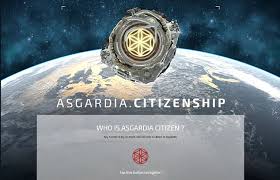
The world's first "space nation" has taken flight.
On November 12, Asgardia cemented its presence in outer space by launching the Asgardia-1 satellite.
The "nanosat" -- it is roughly the size of a loaf of bread -- undertook a two-day journey from NASA's Wallops Flight Facility in Virginia, the United States, to the International Space Station (ISS).
It contains 0.5 TB of data belonging to 18,000 of Asgardia's citizens, such as family photographs, as well as digital representations of the space nation's flag, coat of arms and constitution.

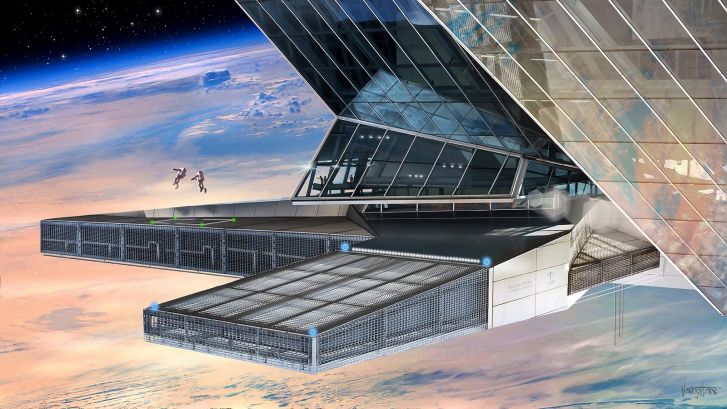
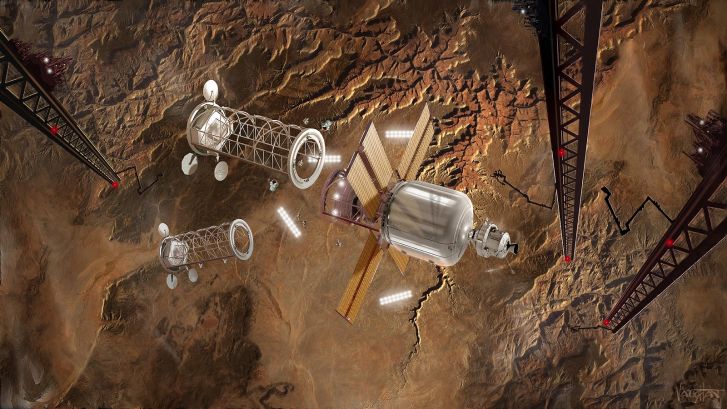
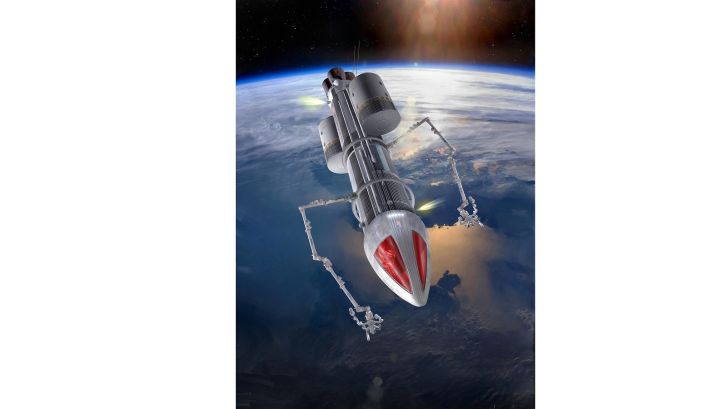
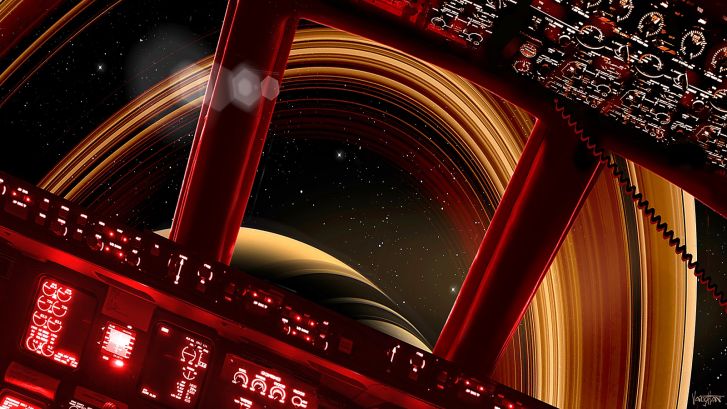
1/5 – Asgardia
Asgardia is the brainchild of scientist Dr Igor Ashurbeyli, who wants to create a nation in space for earthlings. Credit: James Vaughan
Russian scientist Dr Igor Ashurbeyli founded the world's first independent nation to operate in outer space in October 2016.
Named after a Norse mythological city of the skies, Asgardia is free to join and so far, about 114,000 people have signed up.
Ashurbeyli says the project's mission is to provide a "peaceful society", offer easier access to space technologies, and protect Earth from space threats, such as asteroids and man-made debris in space.
While Asgardia's citizens will -- for the time being -- remain based on earth, the satellite launch brings the nation one step closer to space.
The satellite's mission
Asgardia-1 made its journey to the ISS aboard the OA-8 Antares-Cygnus, a NASA commercial cargo vehicle.
Now it must wait for about three weeks as vital supplies and scientific equipment are transferred from the NASA ship to the six people currently living at the ISS.



